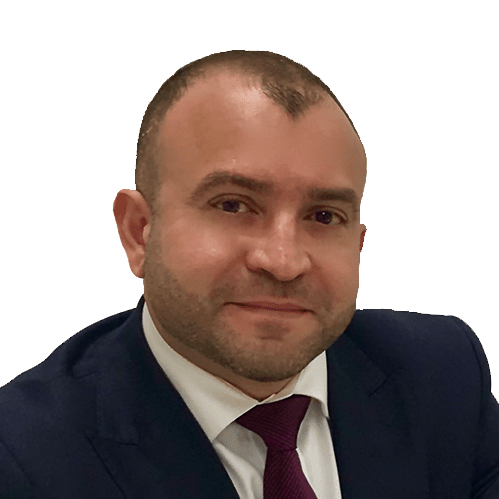
ENT stands for Ear Nose and Throat. ENT is a surgical speciality, which means some of the ENT patients would require surgical intervention at some point during their treatment. To answer this question, we can look at the question from a pragmatic point of view and an idealistic point of view. Pragmatically speaking to become an ENT specialist you would need to have completed your undergraduate studies and the two years of foundation training. During your foundation training, you can ask for rotations that include a placement in ENT, or even arrange for clinical attachment posts for a short duration of time to get a feel for the speciality. Most training programmes now offer “run-through” programmes that can take you from Speciality Trainee-1 (ST-1) to ST-8 for a total of 8 years of contentious ENT training. ENT trainees are expected to pass their Royal College of Surgeons membership exams during the first two years of their speciality training, and the fellowship exam by the end of their training. Once a trainee has successfully completed a total of 8 years of ENT training, passed their fellowship exams and their annual assessments, they can apply for a Certificate of Completion of Training (CCT) that would certify them a fully qualified specialist surgeon in ENT and add them to the Specialist register.
If we answer the question from an idealistic point of view, ENT is a very highly competitive and popular surgical speciality. Its attraction comes from several angles, will summarise them here:
- Apart from vision and touch, ENT covers the rest of the highly important “five special senses” in addition to voice and phonation
- ENT covers both adults and paediatric (children)
- ENT surgery varies from operating with the microscope in the very confined area of the middle ear to the major head and neck surgery
- Although ENT is the “airway” speciality, however life-threatening emergencies in ENT are rare and their oncalls are usually less manic than other surgical specialities, allowing a good life/work balance
- ENT doctors are both the surgeon and physician of their patients, i.e. ENT diseases are treated usually with a mix of therapeutic regimes that can include, medications, rehabilitation and surgery
Therefore, trainees are expected to go through a tough selection process. Preparing your CV early with educational and academic activities e.g. research, presentations, teaching, prizes etc. would help in moving your application forward. Many trainees nowadays opt to undertake a period of fellowship training in the UK or abroad, either after or near the completion of their training. This would enhance their surgical skills in an area of their interest and prepare them for applying for consultant positions in the area of their interest.
Generally speaking, sub-specialisation in ENT can be divided into four main areas:
- Rhinology and Facial Plastics (diseases and disorders of the Nose and the sinuses)
- Otology (diseases and disorders of the Ear)
- Laryngology and Head & Neck surgery (diseases and disorders of the Throat)
- Paediatric ENT (Ear Nose and Throat disorders in children)
Most ENT consultants would have a broad expertise in all areas of their ENT specialty with a more detailed interest in one or two of the sub-specialities mentioned above.
Finally, General Practitioners (GPs) can also develop a special interest in ENT by applying to undertake the Diploma in Otolaryngology Head and Neck surgery exams via the Royal College of Surgeons. On completion, they would become GPs With Special Interest in ENT. For further information on ENT in the UK please visit ENTUK website https://www.entuk.org/about-us.



